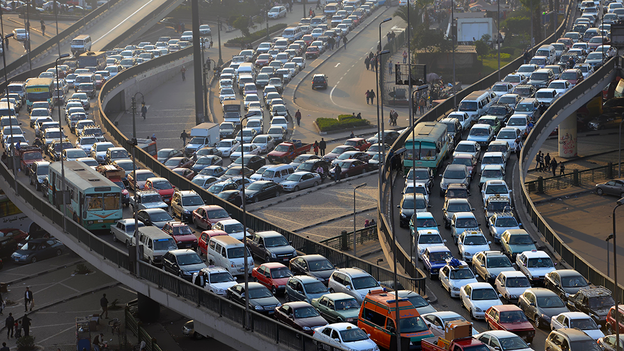Traffic jam, Nairobi’s never ending menace; that and the obvious insecurity.
While most of the roads in the capital city have remained in a similar state as of independence, the number of motorists has continued to increase to over 900,000 in Nairobi alone and the construction of the Thika Superhighway meant to ease traffic congestion was actually a catalyst in disguise as more people rushed to buy vehicles.
This menace attracted e-commerce companies such as JUMIA to Kenya. Promising an easy, safe and convenient shopping experience, customers are now just a mouse-click away from having their delivery right at their door.
Parinaz Firozi, MD JUMIA Kenya, notes, “Our Nairobi hub is the biggest, the growth is fuelled by many factors but traffic is a major catalyst and the reason why most residents prefer to shop online.”
“Most people shop between 6:00 AM and 9:00 AM on mobile phones and tablets, this time they are certainly stuck in traffic on their way to work. The numbers go down slightly and rise massively over lunch hour until 2:00 PM, most orders are placed via desktops and laptops at this time,” adds Firozi.
Antony Njau, a student at Multimedia University, Ongata Rongai, notes, “Online shopping helps me save a lot of time that I use for studying, I used to shop on Amazon but since JUMIA launched, am their happy customer.”
Lisa Anita an expatriate from the USA shares, “Traffic is so bad on Thika road that I have to leave the house at 5:30 AM to avoid it. If I want to buy something, I prefer to shop online at my convenience, since e-commerce companies like JUMIA also deliver to the office and payment is simply made on delivery.”
The recent entry of Kaymu to rival OLX is a major indication that more online retailers are on their way to Kenya as the government continues to devise ways of tackling traffic jams, estimated to cost the second fastest growing commercial hub in Africa over KSh. 50 million per day.









